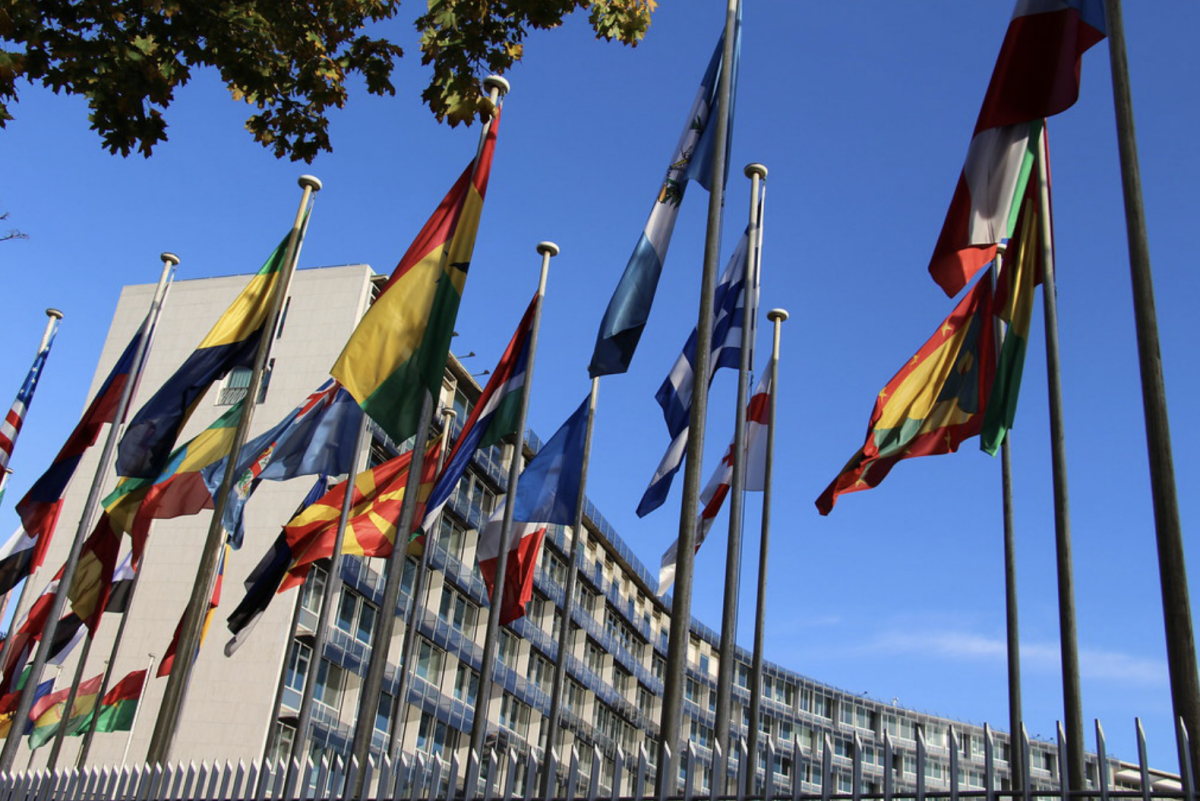The U.S. withdrew from the United Nations Educational, Scientific and Cultural Organization (UNESCO) for the third time since its founding on July 22.
Founded in 1945, UNESCO oversees international collaboration in education, science, culture and communication. With 193 member states, the organization facilitates dialogue, supports cultural preservation, advances scientific research and champions education initiatives.
The United States first withdrew from UNESCO in 1984 under Former President Ronald Reagan, citing anti-Western bias, but rejoined in 2003 under Former President George W. Bush. It later withdrew again in 2017 during the Trump administration for similar reasons, before rejoining in 2023 under Former President Joe Biden.
U.S. State Department Spokesperson Tammy Bruce criticized UNESCO for promoting the “advancement of divisive social and cultural causes,” echoing the rhetoric used during the U.S.’s previous withdrawals. She added that the United Nations’ “globalist [and] ideological agenda” conflicted with American foreign policy and said the U.S. will prioritize organizations that advance American interests.
Accusations of anti-Israel bias also factored into the withdrawal, Israeli Foreign Minister Gideon Saar posted on X that the withdrawal “is a necessary step, designed to promote justice and Israel’s right for fair treatment in the UN system.”
UNESCO Director-General Audrey Azoulay said that the claims of anti-Israel bias “contradict the reality of UNESCO’s efforts,” citing its Holocaust and antisemitism education programs. Domestically, Rep. Gregory Meeks of New York called the move “counterproductive,” explaining UNESCO is the only UN agency requiring Holocaust remembrance education.
Meeks additionally called the withdrawal “another assault by the Trump administration on international cooperation and U.S. global leadership,” warning that the withdrawal would negatively affect the U.S. in the future.
In another statement, Azoulay said the “announcement [to withdraw] was anticipated,” and UNESCO was prepared for it. Following the U.S. withdrawal of funds in 2011 in response to UNESCO’s recognition of Palestine as a full member state, UNESCO increased its reliance on funding from other member states and private donors. Since then, the total UNESCO budget funding from the U.S. dropped from almost 25% to 8%.
However, in the absence of a U.S. presence in UNESCO, The New York Times warned that China could seize new opportunities to expand its influence in the education and AI sectors. China now provides a significant portion of the agency’s funding and a Chinese official is the UNESCO deputy director general, The New York Times added.
The Chinese Embassy, however, said in a statement that China has no interest in “challeng[ing] or replac[ing] the U.S.,” and is looking to help advance the agency’s programs.
The decision to withdraw from UNESCO also drew backlash from U.S. officials. David Killion, a former UNESCO ambassador under Former President Barack Obama, said allowing China to fill the U.S. absence unchecked “is not in America’s best interests,” given ongoing geopolitical tensions. Rep. Meeks added that China would quickly replace the empty seat, noting that rejoining in 2023 was intended to prevent this, and criticized the Trump administration for “undermining U.S. global leadership.”
The withdrawal echoes Trump’s 2017 exit and aligns with his broader goal of distancing the U.S. from international affairs and cutting foreign budget spending. Under his administration, the U.S. also withdrew from the World Health Organization and the Human Rights Council for similar reasons, and halted funding to the U.N. Relief and Works Agency.









































